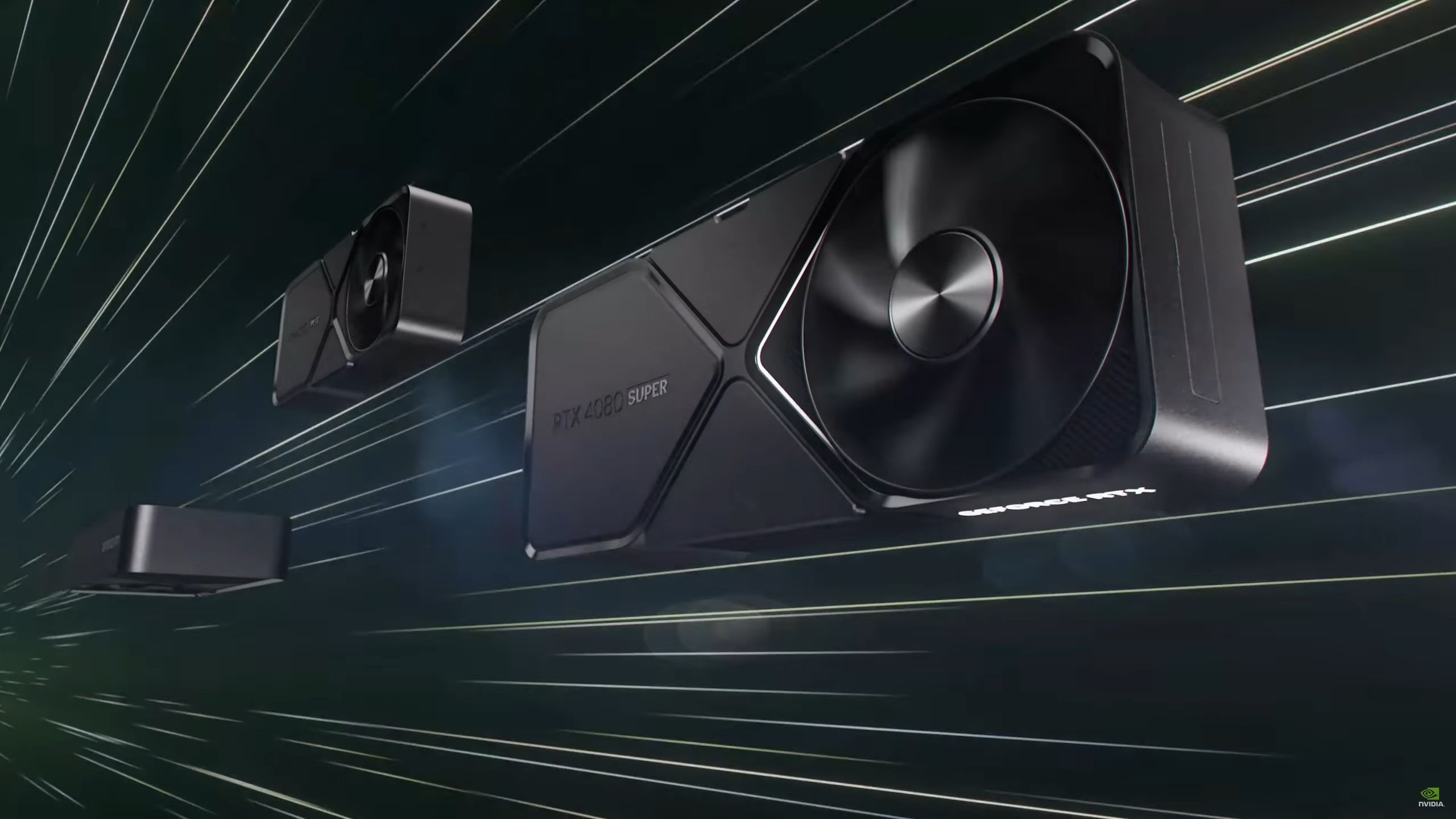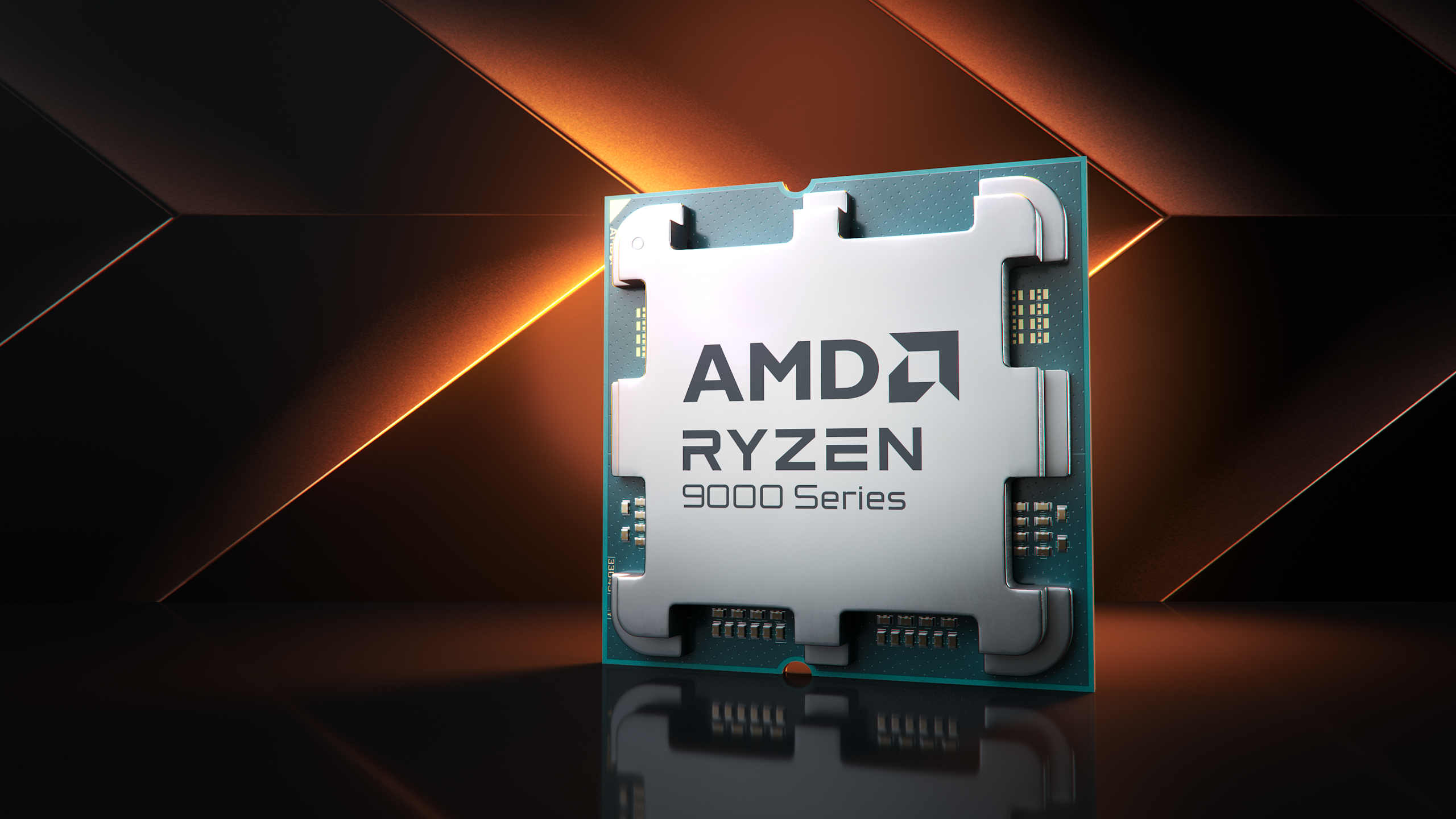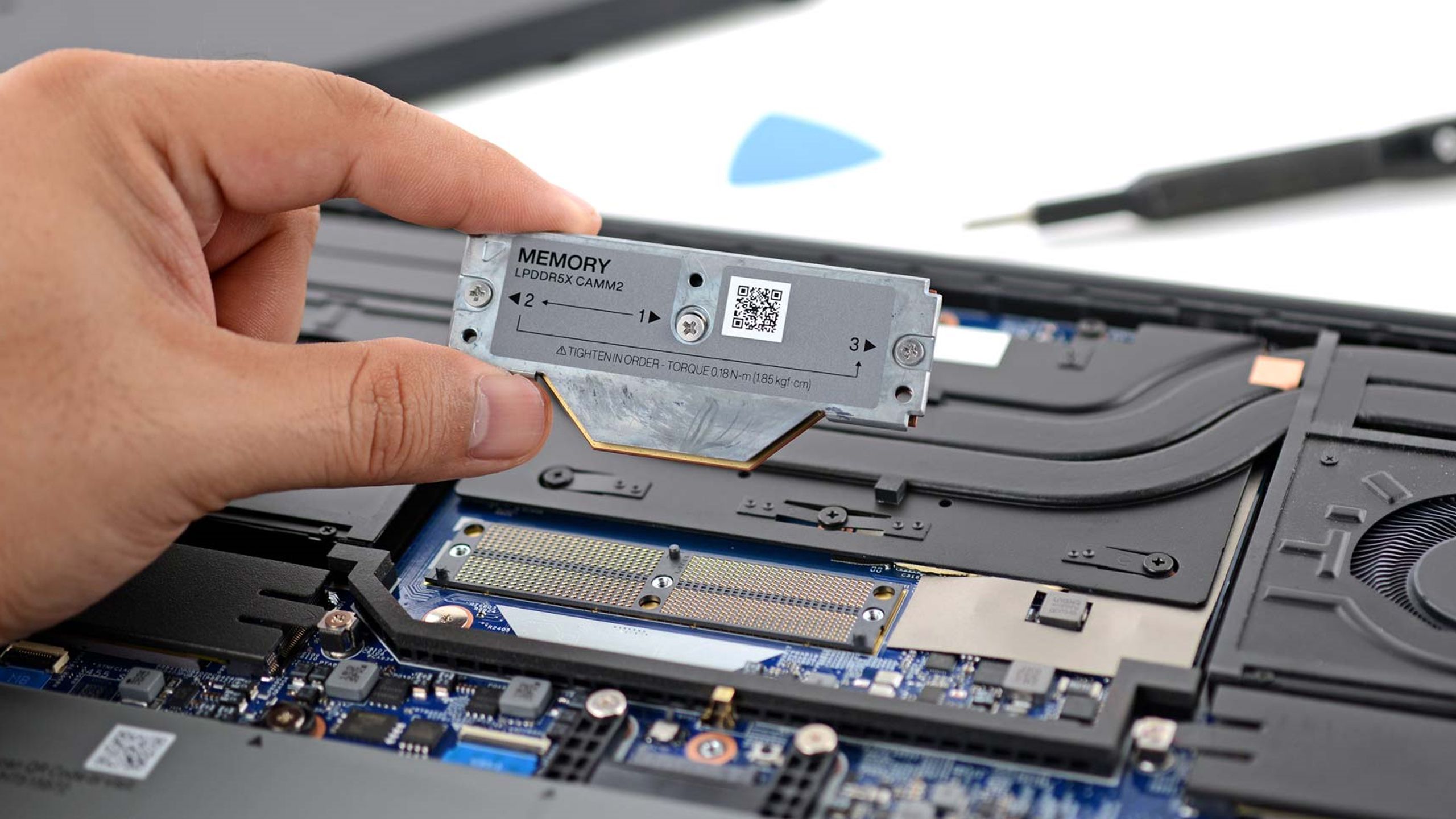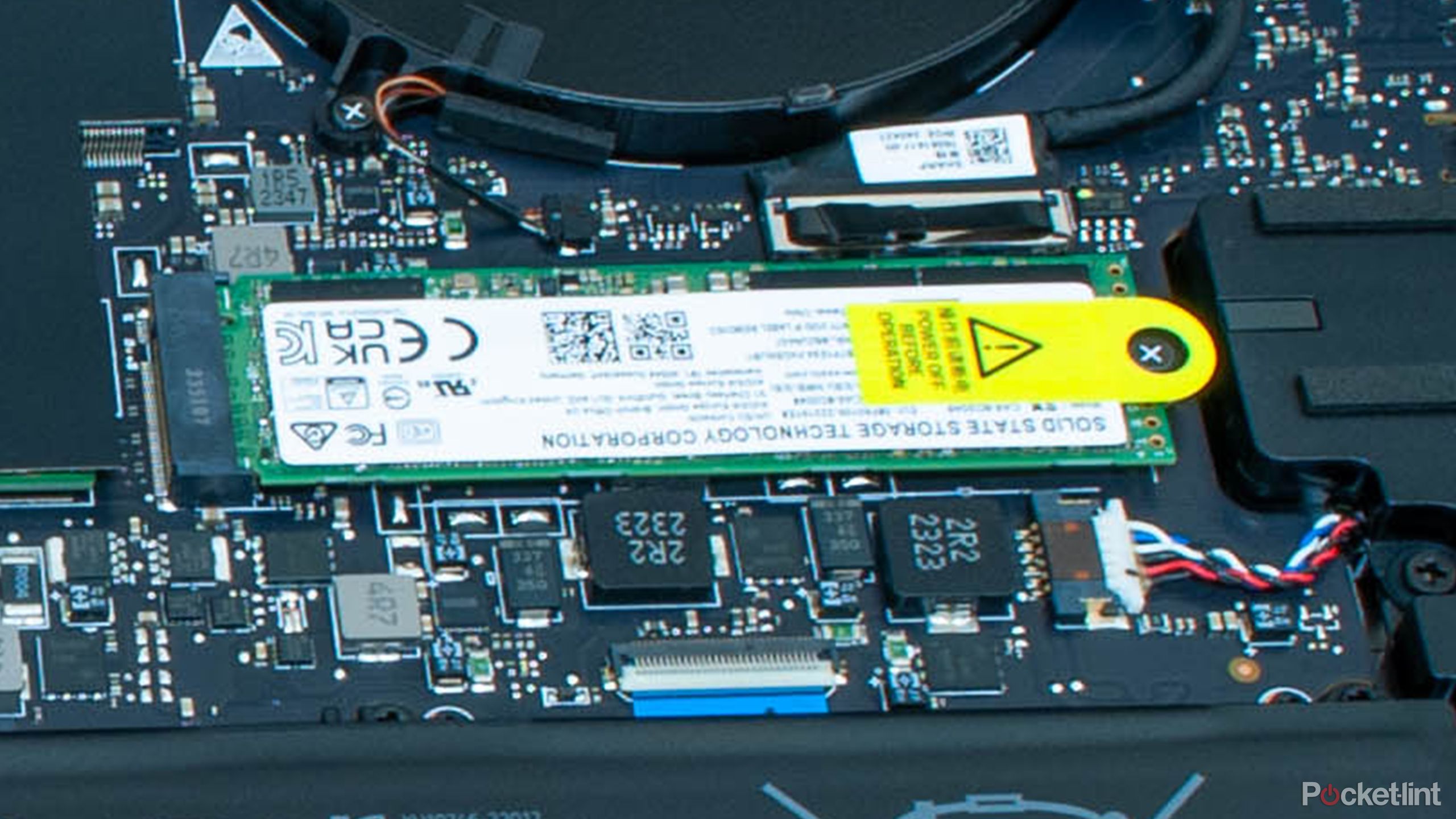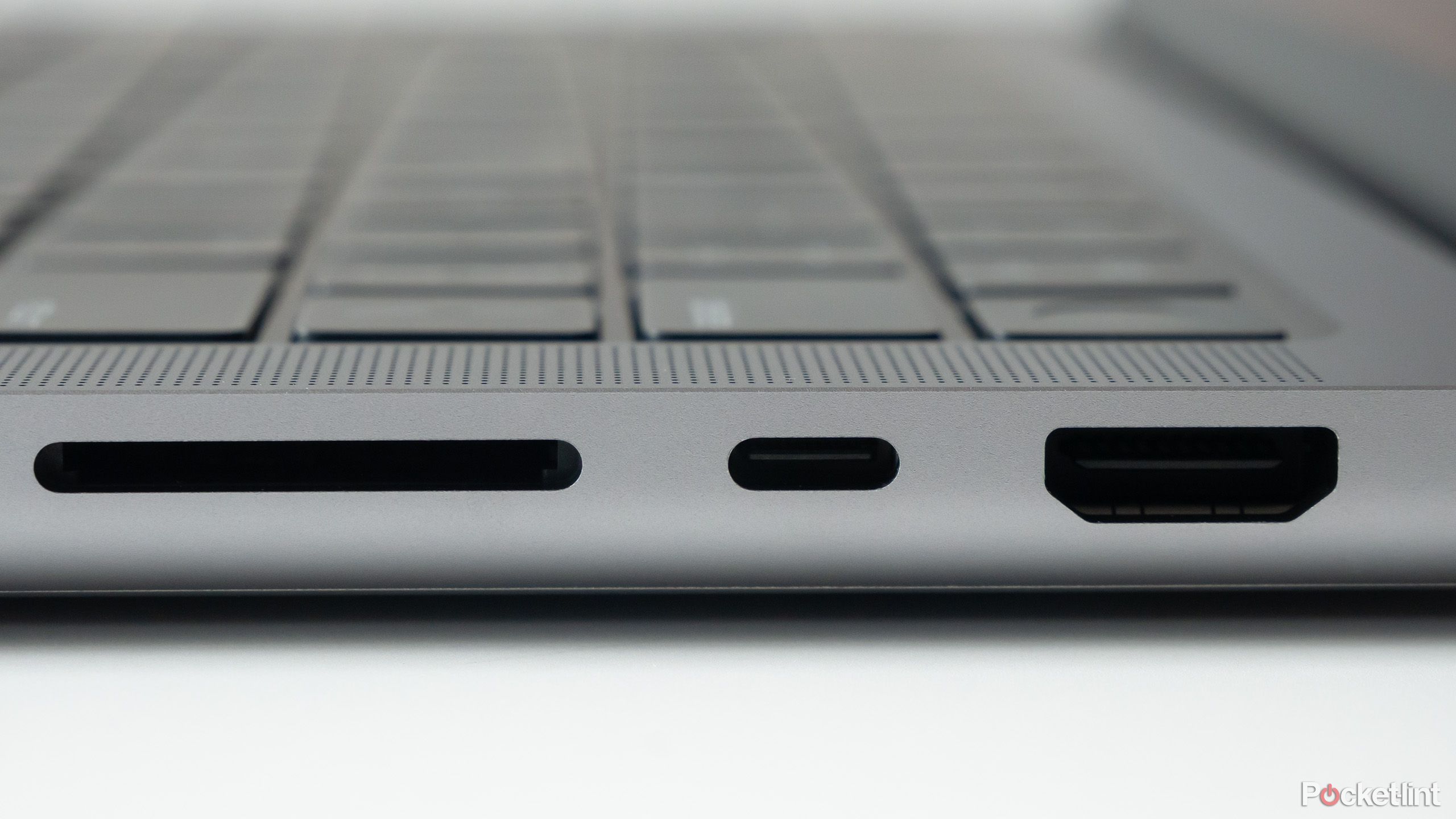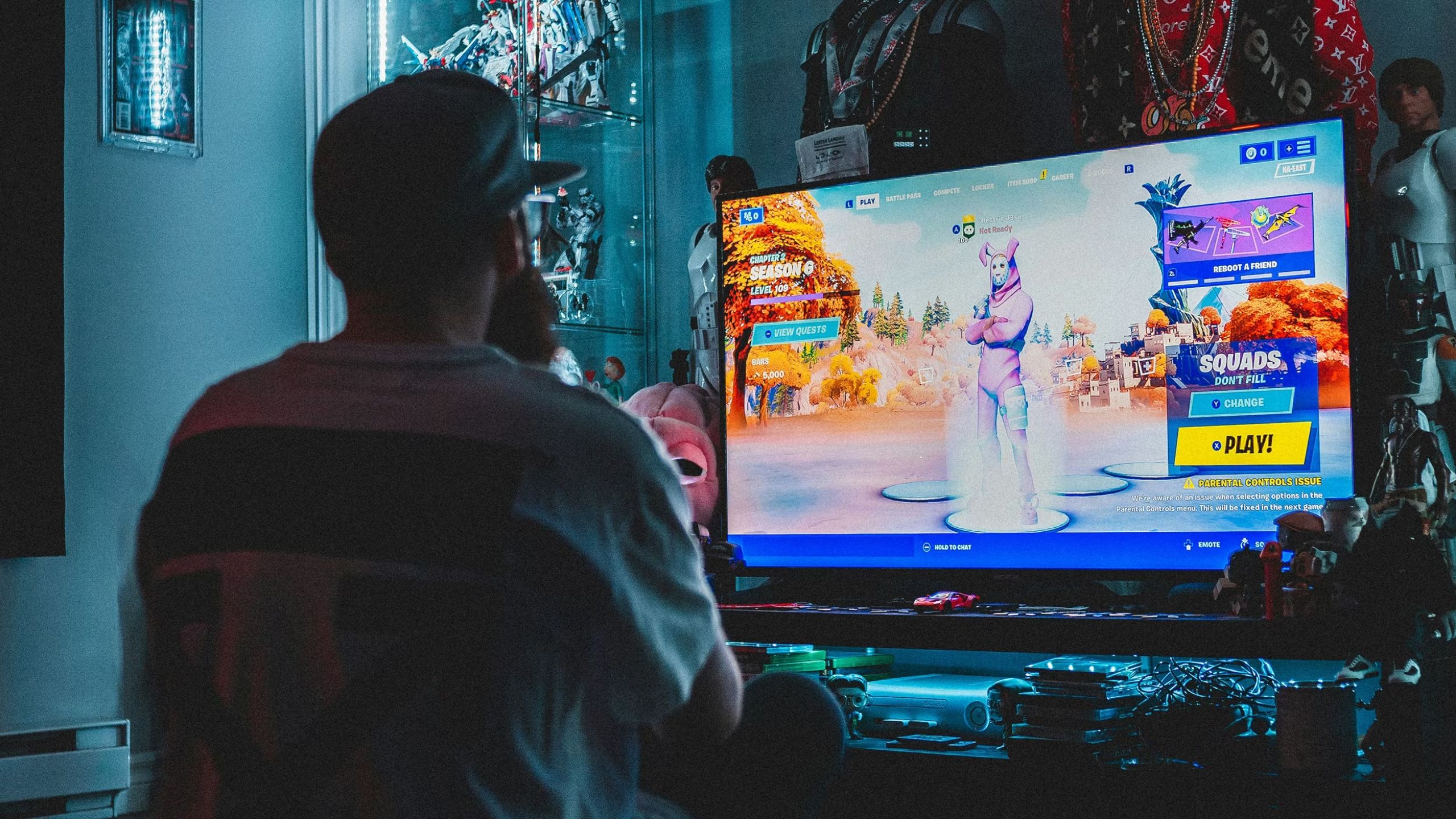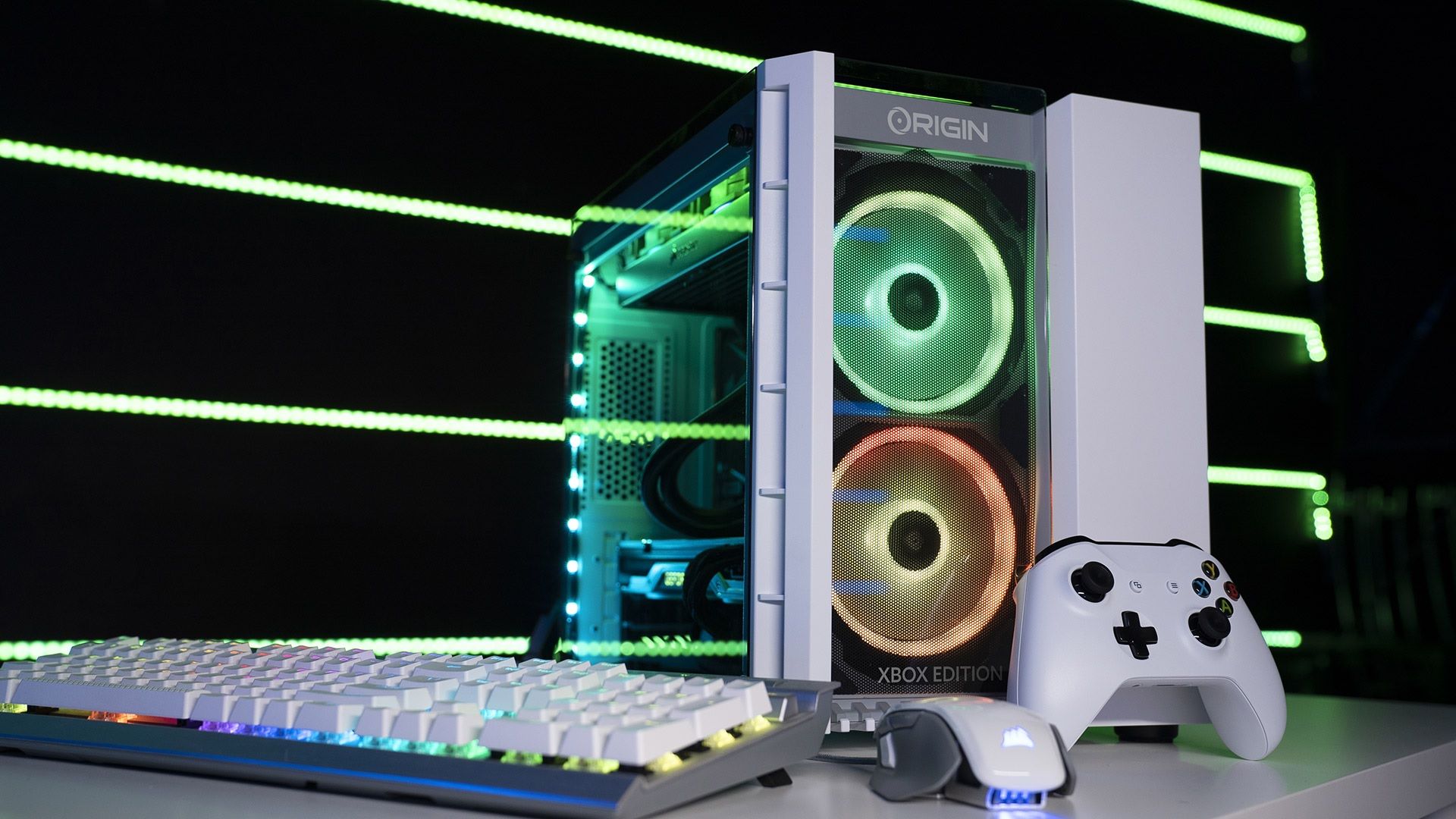Key Takeaways
- Prioritize a powerful GPU to avoid compromising on resolution or detail when gaming.
- Choose an AMD or Intel CPU that won’t bottleneck your multitasking or GPU performance.
- Ensure your PC has at least 16GB of RAM and 1TB of internal storage for optimal gaming performance.
If you’re new to buying a gaming PC and daunted by the idea, don’t panic — that only makes sense. Though just about any PC may do for work or web browsing, games are more demanding, and it’s hard to know where to start with such a hefty investment. Choosing the wrong specs may prevent you from playing the latest titles, at least without serious compromises in resolution or detail.
I’m going to make a few parts recommendations here, but this list should at least point you in the right direction and help prioritize your shopping. Trust me — you’ll be a lot happier if you’re picky about a gaming PC instead of buying the first one a store clerk suggests.
Related
9 Steam games to install first on your gaming PC
If you’ve taken the dive into PC gaming, Steam will no doubt be your first stop. These are the games you should boot up first.
1 The best graphics card you can afford
Keep your PC going as long as possible
Nvidia
One of the easiest mistakes a newcomer can make is focusing on a PC’s central processor, the CPU. CPU speed is certainly important — we’ll get into that shortly — but even more critical for gaming is the graphics processor, or GPU. Modern 3D graphics are so demanding that the GPU often carries the largest burden while a game is running.
Even cheaper video cards can still be acceptable, as long as you don’t expect much longevity.
At a minimum, limit your search to PCs with dedicated (i.e. separate) GPUs built by AMD or Nvidia. Though all PCs have integrated GPUs these days, these are often too weak to meet the requirements of anything but the simplest 2D and 3D games. Dedicated GPUs incorporate more memory and more processor cores, among other differences.
How can you know which GPU to get? The rule of thumb is to identify the latest (consumer) GPUs available and choose the most powerful one that fits within your budget. In the case of Nvidia, for example, the absolute top-of-the-line is the GeForce RTX 4090, but a 4070 or 4080 may keep up with games for two or three years, if not longer. Even cheaper video cards can still be acceptable, as long as you don’t expect much longevity.
2 A reasonably powerful CPU
Find a balance
AMD
Find an AMD or Intel CPU that won’t bottleneck your multitasking or GPU performance. It’s actually hard to go wrong here — just about any PC designed for gaming should be fairly well-equipped. If you’re unsure, or hoping to build your own PC, aim for the latest generation of AMD or Intel processors, remembering that it’s better to compromise on CPU speed than on your GPU. An Intel Core i7 chip may not be as sexy as a Core i9, but the tradeoff will be worth it if you can put the savings towards a superior video card.
AMD CPUs tend to deliver more bang for the buck in gaming, with some exceptions we won’t get into. Intel is generally fine, however, and still what many gamers choose.
3 At least 16GB of RAM
Don’t chain the beast
iFixit
It’s incredible that some PCs still ship with 8GB of RAM. That’s a poor amount for general computing these days, never mind gaming, which involves shuttling around massive amounts of map data and media. With too little RAM, your PC may have to slow down while it waits for its temporary memory to clear up.
16GB is still plenty for gaming, so don’t worry if you can’t afford more. You should consider 32GB if you do heavy multitasking, however, or if you want to make your PC as futureproof as possible. There are already PCs with 64GB configurations, which is overkill, though they may be for people who aren’t video editors.
4 At least 1TB of internal storage
Games have to go somewhere
You might be able to get away with 512GB, but practically speaking that’s a little small, considering the footprint of Windows and many games. The newest Call of Duty titles consume over 100GB of space — often over 200GB with extra content downloaded.
1TB is usually the sweet spot for gamers. Internal storage can be expensive, and most people only play a few games at a time anyway. You can stash music, videos, and documents on cheaper external drives. Always put games on internal SSDs, however — that guarantees the best performance, and you won’t lose access to your gaming library if your drive isn’t with you.
5 USB-C, Wi-Fi 6E, and other amenities
No PC stands alone
Gaming PCs often require a lot of peripherals, such as monitors, mice, keyboards, and/or headphones. Make sure any PC you get has enough compatible ports for your preferred setup. You may be able to get around some port limitations with a USB-C or Thunderbolt 4 dock, but the better ones don’t come cheap. To minimize online lag, you’ll probably want an Ethernet port too.
On the wireless front, choose a machine with Wi-Fi 6E or 7 as well as Bluetooth 5.0 or later. Those are almost de facto now, but doublecheck before buying anything.
If you plan to connect to a TV, check for an HDMI 2.x port, preferably 2.1 or later. There are USB-to-HDMI and DisplayPort-to-HDMI adapters, but of course, it’s simpler to use a basic HDMI cable if you can.
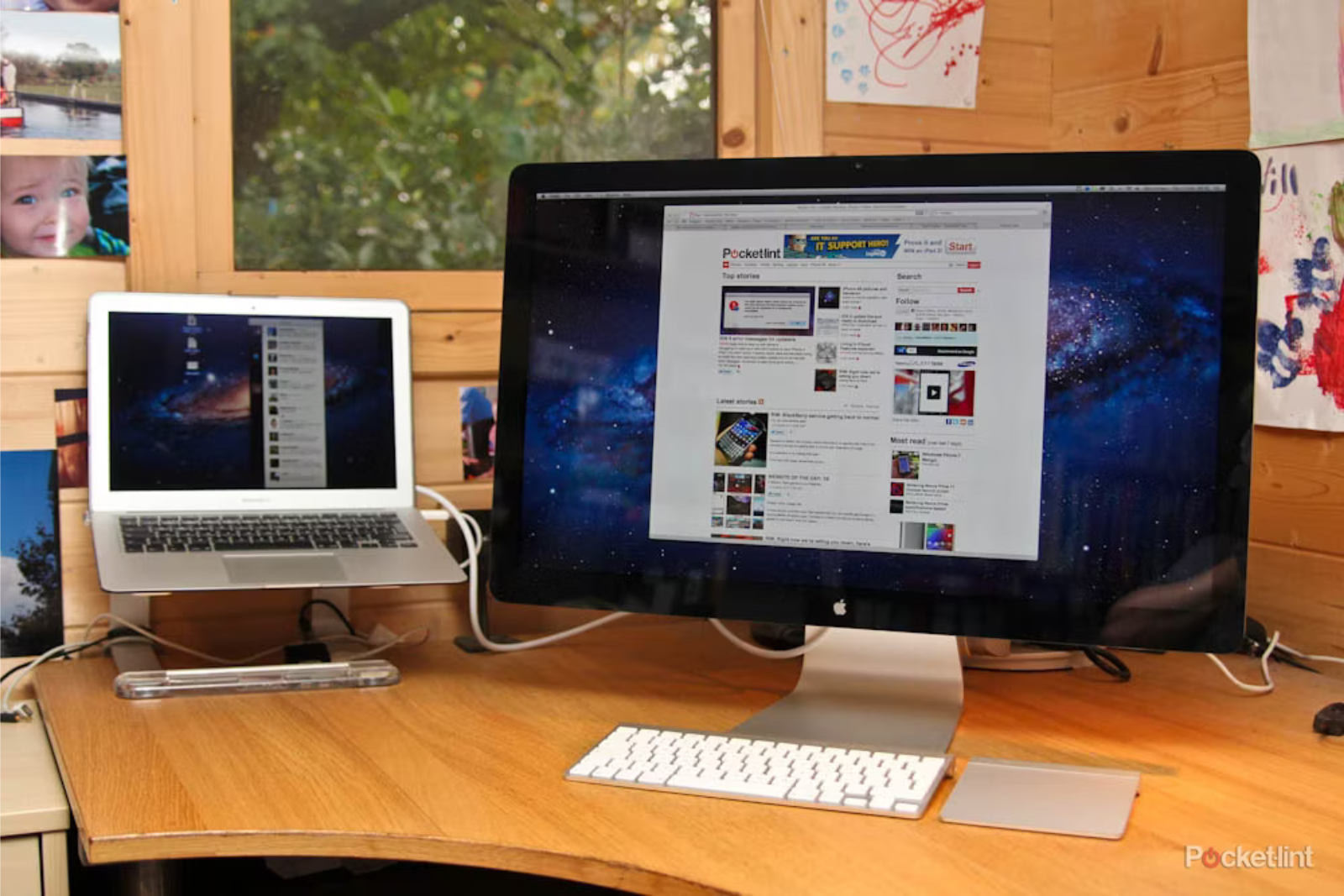
Related
Best Thunderbolt dock: Add more ports to your laptop
These top Thunderbolt 4 docks maximize performance and add ports to both macOS and Windows machines.
6 A 120Hz-plus display
See your games the way they were meant to be
A lot of PC display specs are simply nice-to-haves, such as HDR support or 4K resolution. One that’s non-negotiable is a refresh rate of 120Hz or higher. Ideally, your games will be running at 60 frames per second (FPS) or faster, and without a display to match, you’ll encounter distracting visual artifacts. In fact you’ll really want a display with variable refresh rate (VRR) technology, plus support for AMD FreeSync and/or Nvidia G-Sync, depending on your video card.
7 Upgrade potential
Evolution, not revolution
Given how costly gaming rigs can be, you may want to consider one that offers room for performance upgrades. It’s cheaper to spend $800 upgrading your video card than $2,000 on an entirely new system.
If upgrade support is important to you, you’ll probably be limited to desktop PCs, since most handhelds and laptops only support RAM or storage changes. Even then, not all desktops are created equal — compact desktops may have inadequate power, space, or motherboard connections for the upgrades you want, at least without spending on secondary parts. You can get for instance buy external GPU (eGPU) enclosures, but those cost hundreds of dollars on top of any video card you might pick.
If budget is an overriding concern, you may want to stick to handhelds anyway. They’re not blazing fast, but since they’re relatively cheap, you can buy a new one every few years for as much as some people will spend on the latest Nvidia silicon.
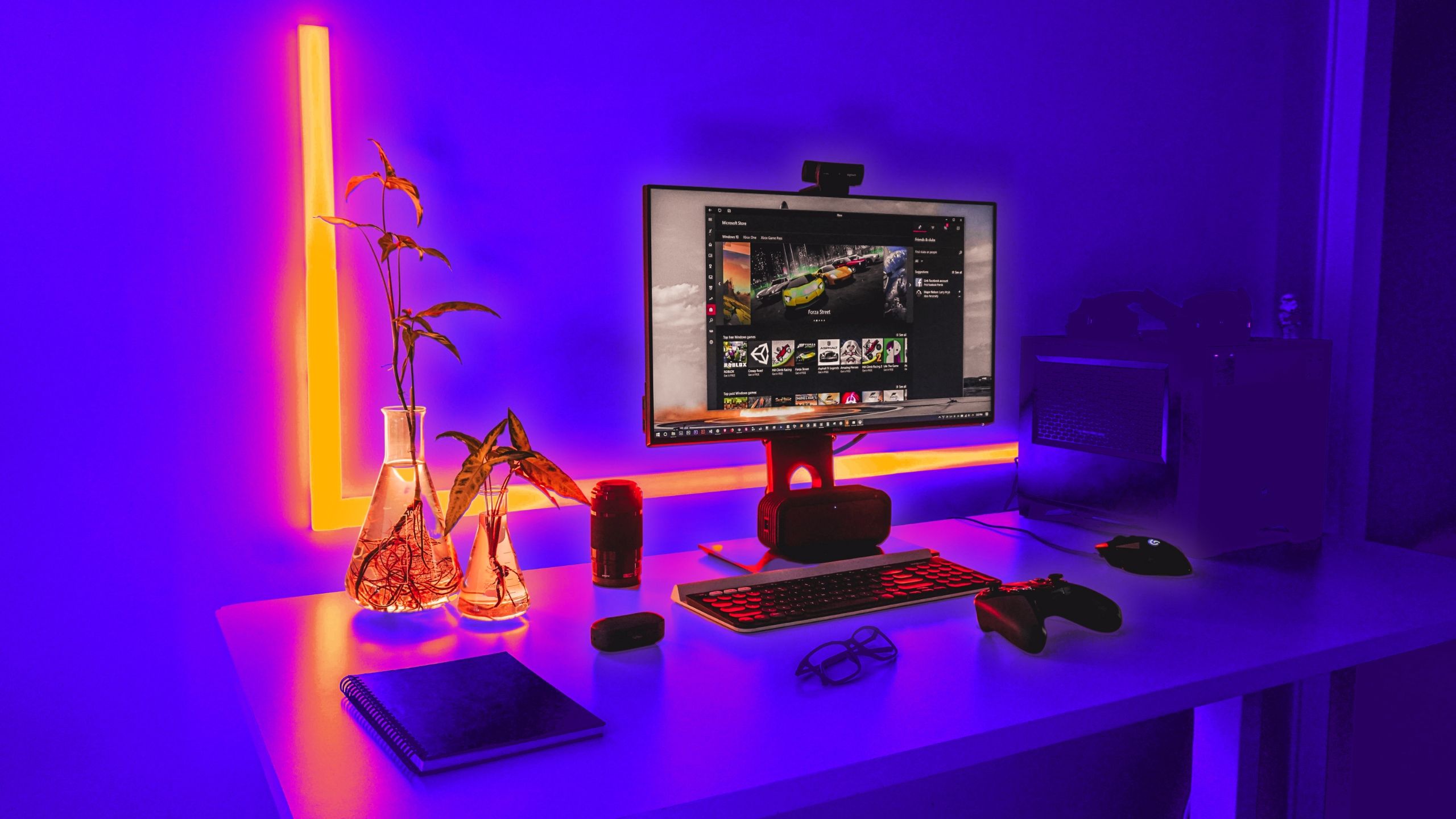
Related
Should you get a laptop, desktop, or handheld for PC gaming?
The answer involves your budget and lifestyle.
Trending Products

Cooler Master MasterBox Q300L Micro-ATX Tower with Magnetic Design Dust Filter, Transparent Acrylic Side Panel…

ASUS TUF Gaming GT301 ZAKU II Edition ATX mid-Tower Compact case with Tempered Glass Side Panel, Honeycomb Front Panel…

ASUS TUF Gaming GT501 Mid-Tower Computer Case for up to EATX Motherboards with USB 3.0 Front Panel Cases GT501/GRY/WITH…

be quiet! Pure Base 500DX Black, Mid Tower ATX case, ARGB, 3 pre-installed Pure Wings 2, BGW37, tempered glass window

ASUS ROG Strix Helios GX601 White Edition RGB Mid-Tower Computer Case for ATX/EATX Motherboards with tempered glass…


